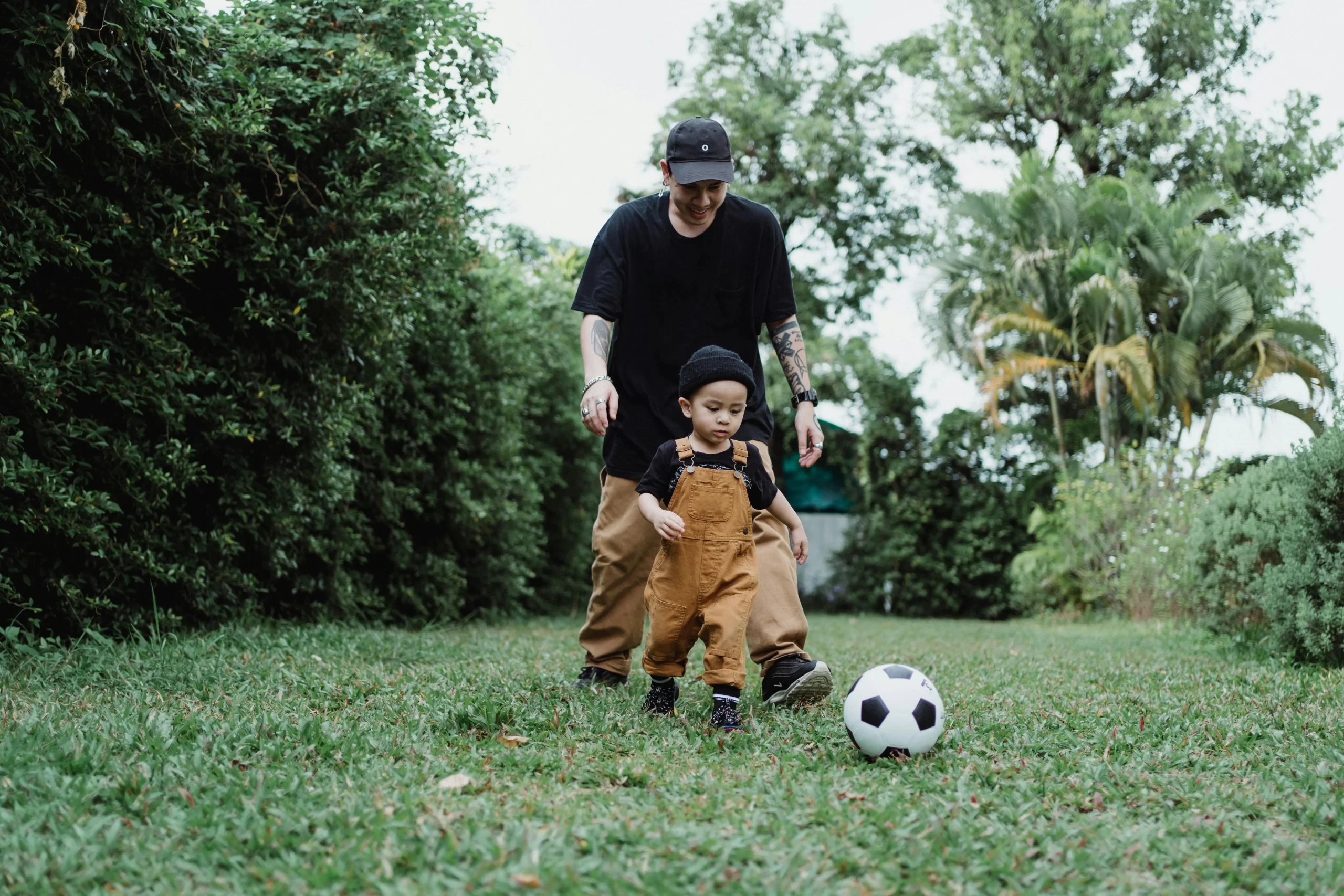The Importance Of Encouraging Teamwork In Sports For Better Performance
As a parent of an athlete, you’ve likely witnessed the highs and lows of your child’s sports journey. While individual talent is crucial, the ability to work as a team often makes the difference between success and failure. Kids may excel in their skills, but when it comes to collaboration, they can struggle. This lack of teamwork can lead to conflicts, misunderstandings, and ultimately, poor performance on the field. As parents, we play a pivotal role in cultivating an environment that promotes teamwork and communication. In this post, I’ll share practical steps you can take to encourage teamwork among young athletes, along with team-building activities that can foster friendships and create a supportive team environment.
Understanding the Importance of Teamwork
Before diving into how to foster teamwork, let’s explore why it’s essential. Teamwork teaches kids valuable life skills such as:
- Communication: Effective teamwork requires clear communication. Athletes learn to express their thoughts and listen to others.
- Conflict Resolution: Disagreements are inevitable in any team. Working through conflicts helps kids develop problem-solving skills.
- Empathy: Understanding teammates’ perspectives fosters empathy, enhancing relationships both on and off the field.
- Shared Goals: Teamwork instills a sense of belonging and motivates kids to work toward common objectives.
Recognizing these benefits is the first step in motivating your child to embrace teamwork.
Steps to Encourage Teamwork in Young Athletes
Now that we understand the importance of teamwork, let’s look at actionable steps you can take to encourage it among your child’s teammates.
1. Model Teamwork at Home
Children learn by observing their parents. Demonstrate teamwork in your daily life. Whether it’s collaborating on household chores or planning a family outing, show your kids how working together leads to better outcomes. Discuss the importance of each family member’s contribution, highlighting how everyone plays a role in achieving a common goal.
2. Communicate Openly About Team Dynamics
Engage your child in conversations about the dynamics of their team. Ask open-ended questions such as:
- What do you enjoy most about your teammates?
- Have you faced any challenges while working with them?
- How do you think you can improve communication within the team?
These discussions will help your child reflect on their experiences and encourage them to express their thoughts openly.
3. Organize Team-Building Activities
Team-building activities are a fantastic way to foster friendships and improve collaboration. Here are some ideas you can implement:
- Outdoor Adventures: Plan a day out where the team can engage in activities like hiking, ropes courses, or obstacle courses. These challenges require teamwork and trust.
- Game Nights: Host a game night where players can enjoy board games or sports-themed games. This relaxed atmosphere allows them to bond outside of competition.
- Volunteer Together: Organize a community service project. Working together for a common cause strengthens team bonds and builds a sense of community.
4. Encourage Positive Communication
Teach your child the importance of positive communication. Encourage them to:
- Use “I” statements: Instead of saying “You never pass the ball,” they might say, “I feel we could score more if we passed the ball around.”
- Offer constructive feedback: Teach them to provide feedback that focuses on improvement rather than criticism.
- Celebrate successes: Encourage them to acknowledge teammates’ achievements, big or small. A simple “Great job!” can go a long way in building morale.
5. Set Team Goals
Work with the coach to establish clear, achievable team goals. These goals should be specific and measurable. For example, rather than saying, “We want to win more games,” aim for “We want to improve our passing accuracy by 20% this season.” When everyone works toward a common goal, it fosters a sense of unity and purpose.
Troubleshooting Teamwork Challenges
Despite your best efforts, challenges may arise. Here are some common issues and how to address them:
- Conflict Between Teammates: Encourage open dialogue. Suggest that they express their feelings and work toward a resolution. Remind them that differing opinions can lead to better solutions.
- Lack of Participation: If a child seems disengaged, have a one-on-one conversation. Understand their feelings and encourage them to share their thoughts with the team.
- Pressure to Perform: Remind your child that teamwork isn’t solely about winning. Emphasize the importance of enjoying the game and supporting each other, regardless of the outcome.
Conclusion: Creating a Supportive Team Environment
Fostering teamwork among young athletes is not just about improving performance; it’s about building character and lifelong skills. By modeling teamwork at home, communicating openly, organizing team-building activities and encouraging positive communication.




